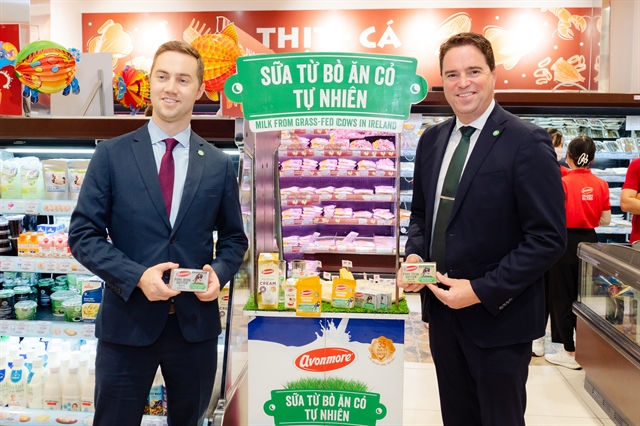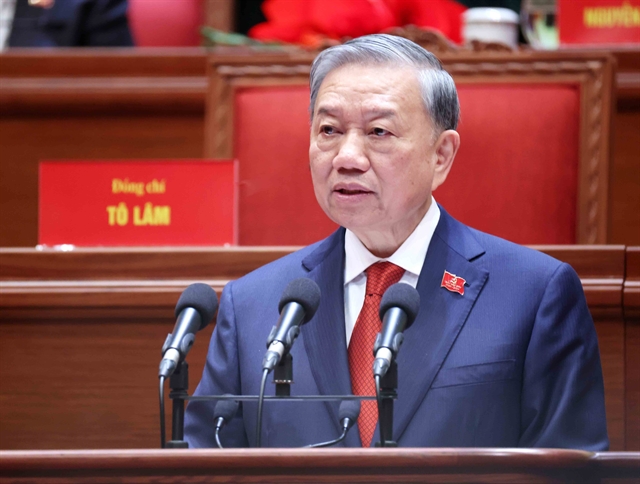
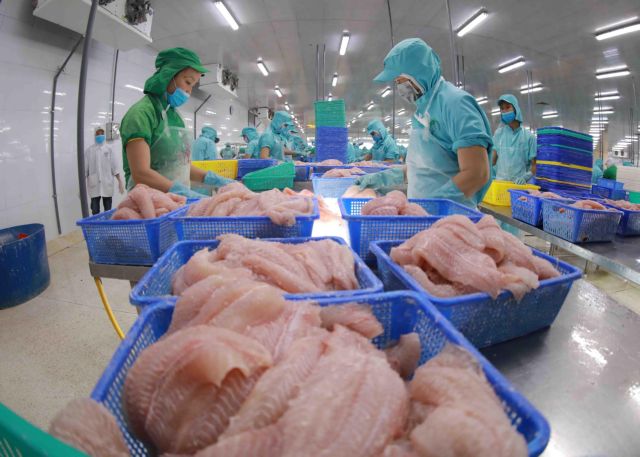
|
| Tra fish processed at IDI International Development and Investment Corporation in Đồng Tháp Province. — VNA/VNS Photo |
HÀ NỘI — The members of the Comprehensive and Progressive Agreement for Trans-Pacific Partnership (CPTPP) constitute a potential market for the export of tra fish, according to the Việt Nam Association of Seafood Exporters and Producers (Vasep).
Vasep’s statistics showed that 13 per cent of the Việt Nam’s total tra fish export in the first seven months of this year, worth US$211.4 million, was consumed in CPTPP member markets, representing a rise of 73 per cent against the same period last year.
In July alone, tra fish export to member countries of CPTPP expanded rapidly at 123 per cent to reach more than $31 million.
Except for New Zealand, which did not see a considerable increase in tra fish import from Việt Nam, other CPTPP member markets all posted whopping rises.
Notably, tra fish export to Canada rose by four times against the same period last year to reach $40 million, accounting for 2.5 per cent of Việt Nam’s total tra fish export value. About 92 per cent of tra fish exported to this market was processed.
Tra fish export to Australia, Singapore, Malaysia and Chile posted three-digit growth in July, from 108-166 per cent, over the same period last year. Export to Japan increased by 66 per cent in July.
According to Vasep, Canada was the market where the average tra fish price was the highest among CPTPP member countries, at around $3.34 per kilogramme in July.
Although Mexico was the largest tra fish export market of Việt Nam with a turnover of $10.2 million in July and $72.6 million in the seven-month period, the average tra fish export price to this market was only around $2.8 per kilogramme,
Australia was also an attractive market for Việt Nam’s tra fish exporters with average import price of $3.26 per kilogramme in the first half of this year and $3.3 in July.
“While seafood exports in general and tra fish in particular to many markets face difficulties from exchange rates fluctuations and high transportation costs, the CPTPP is less affected,” Vasep said, adding that the zero import tax under CPTPP and the consumer’s choice to switch to fish with more affordable prices such as tra fish were factors that helped tra fish export to CPTPP countries rise from the beginning of this year.
The growth momentum would continue to maintain in the remaining months, Vasep said. — VNS


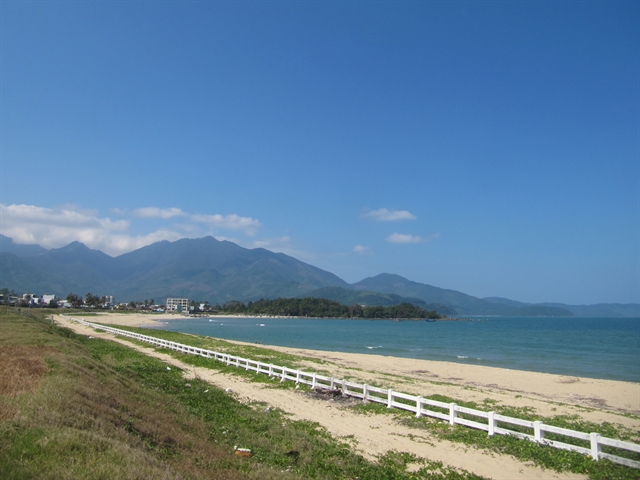



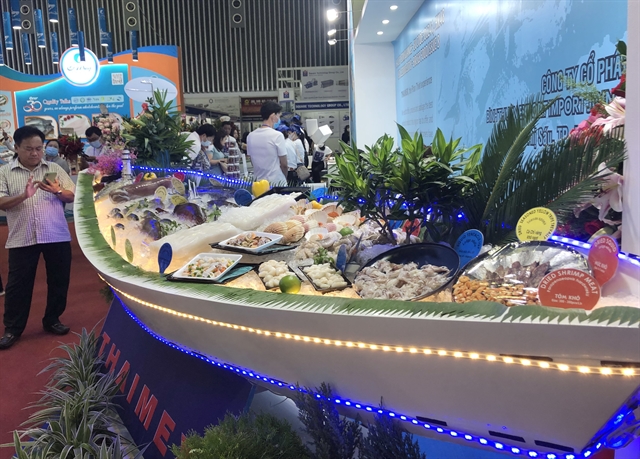
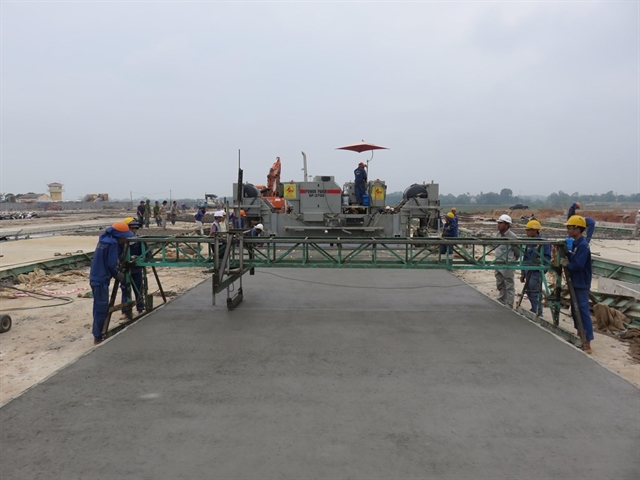
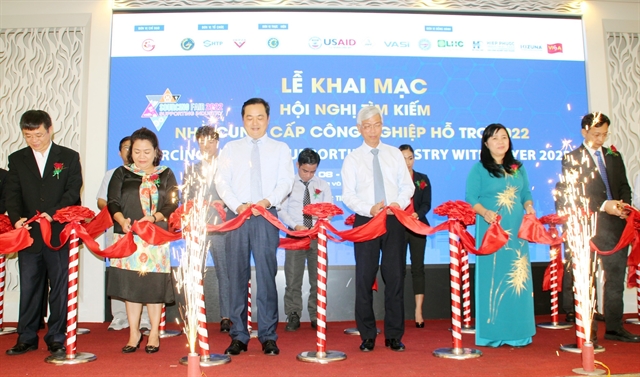


.jpg)


